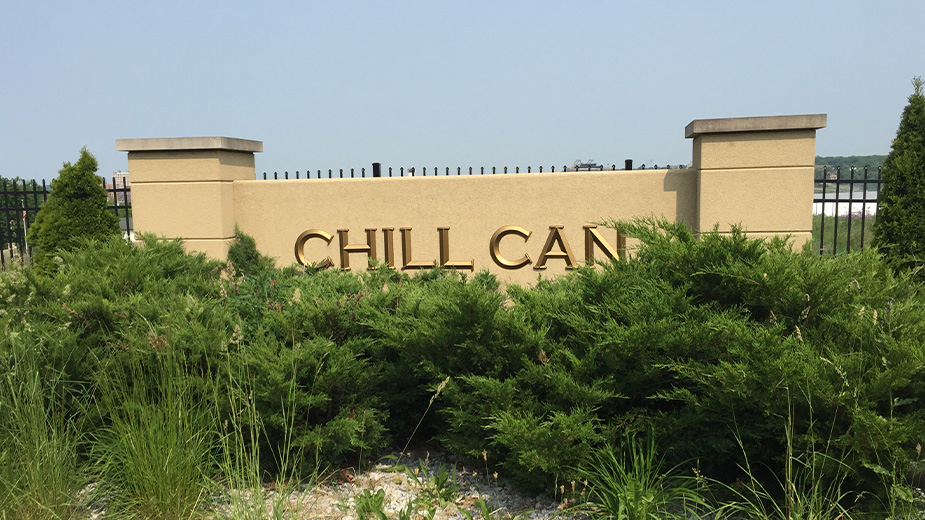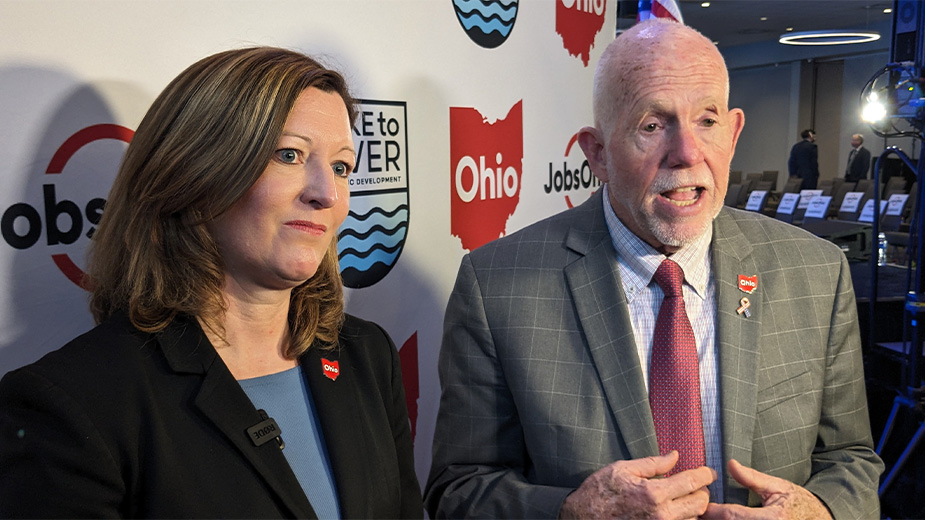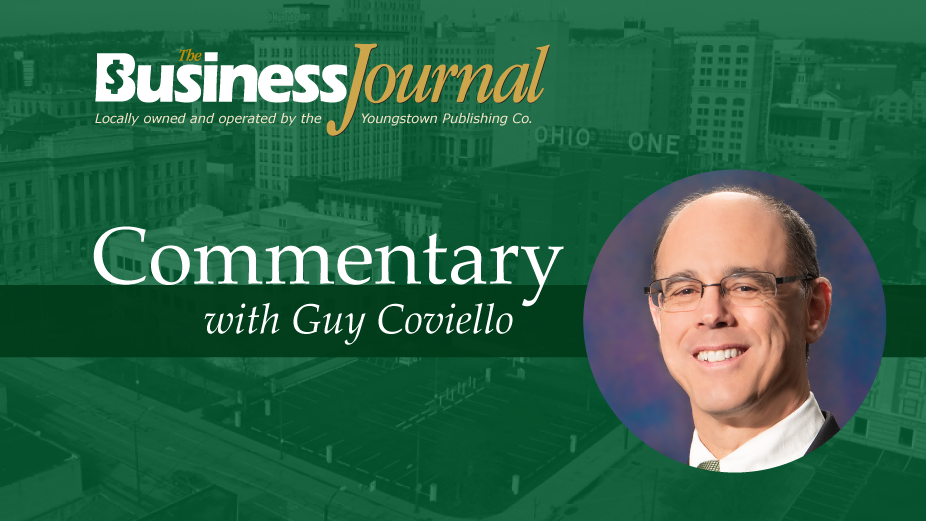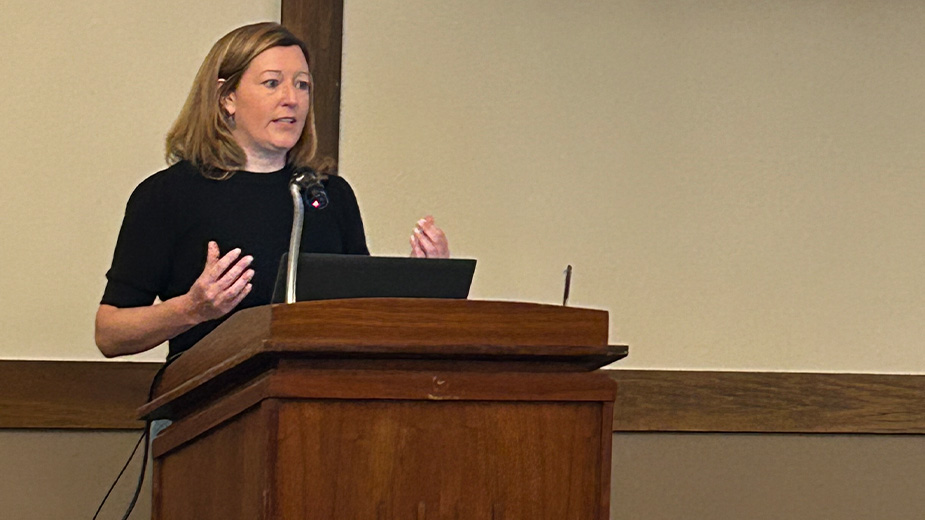Attorneys File Dueling Responses in Chill-Can Case
YOUNGSTOWN, Ohio – Attorneys representing the city and the developer of the stalled Chill-Can project have filed responses to arguments the parties made before a Mahoning County Common Pleas Court on May 24.
In its filing, the city reiterated its position that M.J. Joseph Development Co. has failed to comply with numerous discovery requests and a court order to provide information to city attorneys, alleging the company is perpetuating a “scheme to hide assets.”
The city is asking the court to award it $733,480.80 in sanctions and a summary judgment.
According to the city’s filing, Joseph Development “failed to present any meritorious reason for why they repeatedly have failed to comply with this court’s orders and their discovery obligations,” during the May 24 hearing.
However, attorneys for Joseph Development say that the city disregards and mischaracterizes the scope of discovery it’s already provided, including nearly 1,700 pages of documents.
As such, Joseph Development requests that the court deny the city’s motions for sanctions and issue a protective order “prohibiting the city’s counsel for continuing with abusive discovery tactics,” court papers say.
At issue is a round of discovery requests that the city first filed in January. These stipulate that Joseph Development produce documents related to the status of equipment and assets it says is covered under a security agreement the parties signed in 2017.
In March, the court ordered Joseph Development to comply with the requests.
Attorney Thomas Hull II told Magistrate Dennis Sarisky on May 24 that the city became concerned over the equipment’s whereabouts after a Business Journal story reported that the building in California that housed the machinery was sold.
“It is further disturbing that at the same time that plaintiffs were refusing to sit for depositions and failing to produce all required discovery, plaintiffs were working to liquidate at least some of the very assets upon which the city had a secured interest,” the filing says.
The city claims Joseph Development has provided just a single document related to a $10,000 sale of some equipment on which the city held a security interest, the filing says. The entire secured interest in equipment was valued at $13 million, according to the city’s filing.
“Plaintiffs, in blatant violation of the security agreement, appear to have funneled the proceeds of the sale to Joseph Company [a different company], in other words this was a clearly fraudulent conveyance,” the city’s response says.
The city says in its filing that Joseph Development’s repeated delays in providing requested records are “part of an ongoing scheme to hide assets during this litigation and to otherwise cause the city to continue to incur unnecessary litigation expenses and delays to the advantage of plaintiffs and its owner, Mitchell Joseph.”
Attorneys for Joseph Development state that their client has “appropriately answered discovery and provided the city with responsive documents,” according to papers filed by attorneys Brian Kopp and Justin Markota.
Furthermore, the attorneys say the city’s requests were too broad and vague.
“Overbroad, vague, and ambiguous requests for every business record concerning fully depreciated equipment amounts to a burdensome discovery request,” the court filing says. “Despite this point, plaintiffs have provided almost 1,700 financial documents.”
In March 2021, the city notified Joseph Development and its CEO, Mitchell Joseph, that it was in breach of a development and enterprise zone agreement the parties signed in 2017. Under the development agreement, the city awarded the company $1.5 million to prepare a 22-acre site on the East Side for a manufacturing and research campus that would produce self-chilling beverage cans.
The project was supposed to create more than 230 jobs and cost approximately $20 million. The company today lists just one employee, and three buildings remain empty at the site.
Anticipating a lawsuit from the city, Joseph Development filed a complaint in May 2021 against the city, saying it wasn’t entitled to a refund of the $1.5 million.
The city countersued for return of the grant money, plus $414,948 in property acquisition and relocation costs, and another $318,523 in demolition and abatement expenses the city incurred for the project.
The sanctions the city currently seeks is equal to the amount of the property acquisition and demolition damages it requests, according to court papers.
Judge Maureen Sweeney affirmed in November Sarisky’s earlier ruling that the developer was in breach of contract and ordered Joseph Development to repay the city its $1.5 million. The court did not address any additional damages the city requested at that time.
“Ultimately, we believe that this matter will go to trial sometime in the fall on some or very limited issues,” Joseph Development’s attorney, Kopp, told reporters after the hearing May 24. “Nothing would make the Joseph Co. happier than to settle this case.”
Sarisky gave the parties seven days to file their responses to the arguments presented at the hearing. He said he would rule on the matter after the responses were filed.
Copyright 2024 The Business Journal, Youngstown, Ohio.



